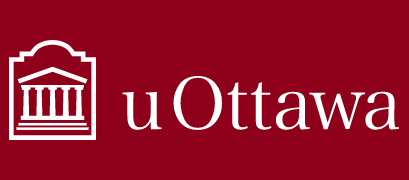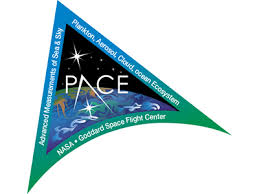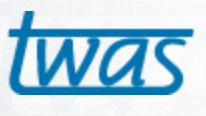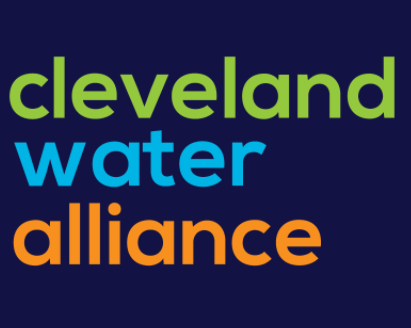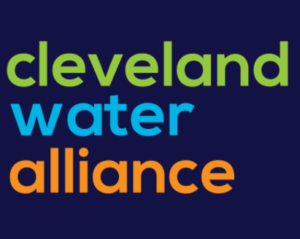The National Ecological Observatory Network (NEON) Program is currently seeking a Field Operations Manager. This position is located in Guanica, Puerto Rico.
TO APPLY: http://adtrk.tw/tp/rj6_gZfur.e.K
Occasional travel outside the region will be required.
NEON is a continental-scale ecological observation facility sponsored by the National Science Foundation that gathers and synthesizes data on the impacts of climate change, land use change and invasive species on natural resources and biodiversity. The observatory is designed to collect high-quality, standardized data from field sites across the continental United States, Alaska, Hawaii and Puerto Rico.
JOB SUMMARY
This position manages a broad scope of scientific inquiry, managing a multi-disciplinary team of field scientists who collect measurements related to botany, invertebrates, soils, micrometeorology, eddy flux, aquatic biology and water quality at four NEON sites in Domain 04 – Puerto Rico (Atlantic Neotropical).
MAJOR RESPONSIBILITIES
- Plan, schedule, conduct and ensure accurate execution, within NEON scientific parameters and annual budget, of all maintenance, repair and field sampling activities for 4 NEON field sites.
- Coordination for instrument maintenance is required for sensors, data acquisition system, power distribution system and supporting infrastructure (i.e. tower, instrument hut, boardwalks).
- Coordination for field observations and collection are conducted using approximately 30 different protocols and multiple SOP’s with varying schedule requirements based on local ecosystem and current field conditions.
- Recruit, train and manage all regular and temporary personnel supporting field office, lab and field site tasks.
- Encourage and actively support diversity, equity, and inclusion within the team, organization and/or field
- Act as liaison between regional stakeholders, including educational and research organizations, local property owners and the general public and Battelle.
- Communicate NEON status and activities, local activities and partnerships, and regional issues and concerns to appropriate regional stakeholders and Battelle staff. Work with regional stakeholders to resolve issues or concerns.
- Plan and participate in local/regional community engagement activities (i.e. local/regional conferences or meetings, invited talks).
- Ensure compliance with Battelle safety policy and procedures.
- Ensure appropriate equipment, materials and supplies are available to support required field activities. Use Battelle business processes and tools to ensure appropriate and efficient use of funds within assigned region.
THE FOLLOWING REQUIREMENTS MUST BE MET TO BE CONSIDERED FOR THIS POSITION:
- Bachelors’ Degree in life science field.
- 5 years previous experience supervising personnel including participating in hiring, training, and evaluating performance.
- Previous experience developing and managing budgets and schedules.
- Previous experience performing related lab and field activities and/or maintaining scientific instrumentation (e.g. meteorological and aquatic sensors).
- Previous experience communicating with external stakeholders such as customers, funding agencies, regulatory agencies, etc.
- Requires critical human relation skills to understand, select, develop and motivate others.
- Bi-lingual in English and Spanish.
- Applicants must have authorization to work in the United States. We are unable to sponsor or take over sponsorship of any employment Visa at this time
THE FOLLOWING IS DESIRED, BUT NOT REQUIRED TO BE CONSIDERED FOR THIS POSITION:
- Previous experience managing a field operations group.
- Graduate study in biology, ecology, environmental science or related field.
- Previous experience leading or participating in outdoor activities in remote areas
LEGAL DISCLAIMER
The above statements are intended to describe the nature and level of work being performed by people assigned to this job. They are not intended to be an exhaustive list of all responsibilities, activities and skills required of staff members. No statement herein is intended to imply any authorities to commit Battelle unless special written permission is granted by Battelle’s Legal Department.
BENEFITS
Battelle’s competitive benefits program includes comprehensive medical and dental care, vacation and sick leave, disability coverage, and other benefits that help provide financial protection for you and your family.
Battelle provides employment and opportunities for advancement, compensation, training, and growth according to individual merit, without regard to race, color, religion, sex (including pregnancy), national origin, sexual orientation, gender identity or expression, marital status, age, genetic information, disability, veteran-status, or any other characteristic protected under applicable Federal, state, or local law. Our goal is for each staff member to have the opportunity to grow to the limits of their abilities and to achieve personal and organizational objectives. We will support positive programs for equal treatment of all staff and full utilization of all qualified employees at all levels within Battelle.
TO APPLY: http://adtrk.tw/tp/rj6_gZfur.e.K


